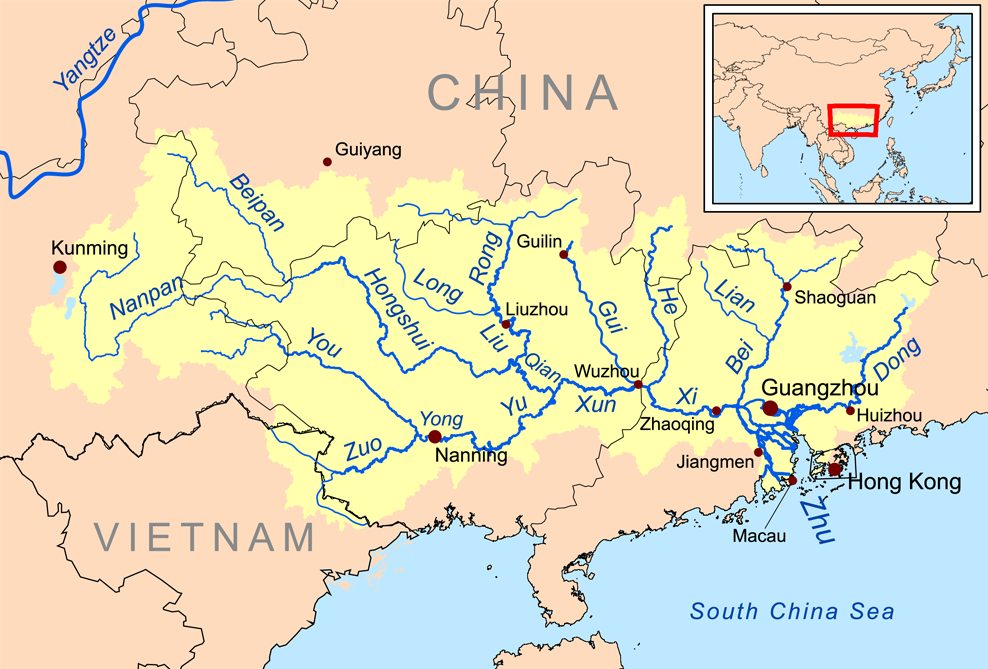|
Zhuang Zhuang
Zhuang may refer to: *Zhuang people (or Bouxcuengh people), ethnic group in China *Zhuang languages, the Tai language spoken by them *Zhuang logogram, a former script used to write the language *Zhuang Zhou, ancient Chinese philosopher *Zhuang (surname) Zhuang is the pinyin romanization of the Chinese surname written in Traditional Chinese and in Simplified Chinese. It is usually romanized as "Chuang" in Taiwan in the Wade-Giles system. It is spoken in the first tone: ''Zhuāng''. Zhuang is l ... (庄/莊), a Chinese surname {{disambiguation Language and nationality disambiguation pages ... [...More Info...] [...Related Items...] OR: [Wikipedia] [Google] [Baidu] |
Zhuang People
The Zhuang (; ; , , Sawndip: 佈獞) are a Tai-speaking ethnic group who mostly live in the Guangxi Zhuang Autonomous Region in Southern China. Some also live in the Yunnan, Guangdong, Guizhou, and Hunan provinces. They form one of the 56 ethnic groups officially recognized by the People's Republic of China. With the Bouyei, Nùng, Tày, and other Northern Tai speakers, they are sometimes known as the Rau or Rao people. Their population, estimated at 18 million people, makes them the largest minority in China. Etymology The Chinese character used for the Zhuang people has changed several times. Their autonym, "Cuengh" in Standard Zhuang, was originally written with the graphic pejorative , (or ''tóng'', referring to a variety of wild dog).漢典.獞. Chinese. Accessed 14 August 2011. 新华字典, via 中华昌龙网. 字典频道.". Chinese. Accessed 14 August 2011. Chinese characters typically combine a semantic element or radical and a phonetic element. John De ... [...More Info...] [...Related Items...] OR: [Wikipedia] [Google] [Baidu] |
Zhuang Languages
The Zhuang languages (; autonym: , , pre-1982: , Sawndip: 話僮, from ''vah'', 'language' and ''Cuengh'', 'Zhuang'; ) are the more than a dozen Tai languages spoken by the Zhuang people of Southern China in the province of Guangxi and adjacent parts of Yunnan and Guangdong. The Zhuang languages do not form a monophyletic linguistic unit, as northern and southern Zhuang languages are more closely related to other Tai languages than to each other. Northern Zhuang languages form a dialect continuum with Northern Tai varieties across the provincial border in Guizhou, which are designated as Bouyei, whereas Southern Zhuang languages form another dialect continuum with Central Tai varieties such as Nung, Tay and Caolan in Vietnam. Standard Zhuang is based on the Northern Zhuang dialect of Wuming. The Tai languages are believed to have been originally spoken in what is now southern China, with speakers of the Southwestern Tai languages (which include Thai, Lao and Shan) h ... [...More Info...] [...Related Items...] OR: [Wikipedia] [Google] [Baidu] |
Zhuang Logogram
(Sawndip: ; ) are Chinese characters used to write the Zhuang languages in the Chinese provinces of Guangxi and Yunnan. is a Zhuang word that means "immature characters". The Zhuang word for Chinese characters used in the Chinese languages is ( 'Han characters'); ''gun'' is the Zhuang term for the Han Chinese. Even now, in traditional and less formal domains, Sawndip is more often used than alphabetical scripts. Names Sawndip is also called ''old Zhuang script'', usually used to distinguish it from the Latin-based Standard Zhuang. In Standard Chinese, the old Zhuang script is called ''Gu Zhuangzi'' () or ''Fangkuai Zhuangzi'' (). ''Sawndip'' and its synonyms can be used with a spectrum of narrow to broad meanings. The narrowest meaning confines its use just to characters created by Zhuang to write Zhuang and excludes existing Chinese characters. At its broadest, it includes all the "square" characters used to write Zhuang regardless of whether they are of Chinese or Zhuang ... [...More Info...] [...Related Items...] OR: [Wikipedia] [Google] [Baidu] |
Zhuang Zhou
Zhuang Zhou (), commonly known as Zhuangzi (; ; literally "Master Zhuang"; also rendered in the Wade–Giles romanization as Chuang Tzu), was an influential Chinese philosopher who lived around the 4th century BCE during the Warring States period, a period of great development in Chinese philosophy, the Hundred Schools of Thought. He is credited with writing—in part or in whole—a work known by his name, the '' Zhuangzi'', which is one of two foundational texts of Taoism, alongside the ''Tao Te Ching''. Life The only account of the life of Zhuangzi is a brief sketch in chapter 63 of Sima Qian's ''Records of the Grand Historian'', and most of the information it contains seems to have simply been drawn from anecdotes in the ''Zhuangzi'' itself. In Sima's biography, he is described as a minor official from the town of Meng (in modern Anhui) in the state of Song, living in the time of King Hui of Liang and King Xuan of Qi (late fourth century BC). Sima Qian writes that ... [...More Info...] [...Related Items...] OR: [Wikipedia] [Google] [Baidu] |
Zhuang (surname)
Zhuang is the pinyin romanization of the Chinese surname written in Traditional Chinese and in Simplified Chinese. It is usually romanized as "Chuang" in Taiwan in the Wade-Giles system. It is spoken in the first tone: ''Zhuāng''. Zhuang is listed 323rd in the Song dynasty classic text ''Hundred Family Surnames''. As of 2008, it is the 113th most common surname in China, shared by 1.6 million people. Romanizations Zhuang is romanized as Chuang in the Wade-Giles system usually employed in Taiwan and among the Chinese diaspora. It is romanized Chong in Cantonese; Chng, Tsng, or Ching in Hokkien. In Vietnamese, the surname formerly written as in ''Chữ Hán'' is now written Trang; in Korean, the surname formerly written as in Hanja is now written and romanized as Jang; in Japanese, the surname written in Kanji is romanized Shō. In Thai, it is written as จึง ( RTGS: ). Distribution As of 2008, Zhuang is the 113th most common surname in mainland China, shared by ... [...More Info...] [...Related Items...] OR: [Wikipedia] [Google] [Baidu] |
